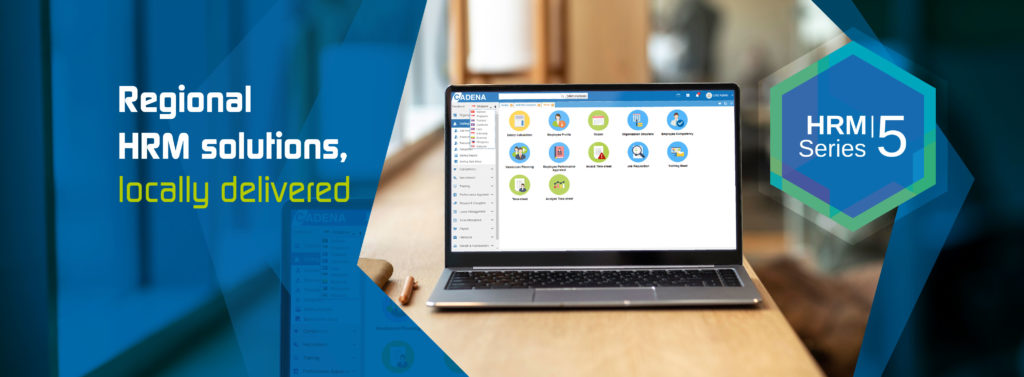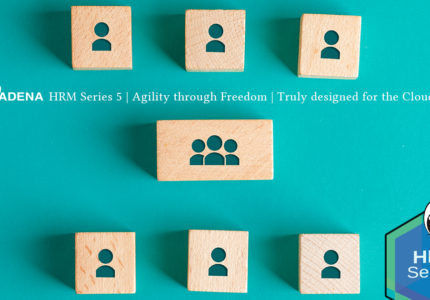If you have ever worked in multi–country payroll, this will probably sound familiar to you. For example, in many payroll professionals working life, nobody ever calls payroll when they’re happy with their check, but you better believe payroll hears about it if somebody gets paid wrong. Payroll workers are often treated terribly by employees and by the business.
In reality, payroll is one of the most secretly influential departments and is an important part of any business. Though most people think payroll is “just the push of a button,” it is much more complex than that. Most payroll teams are ready and able to be strategic partners but only if you empower them to contribute in meaningful ways.
Most people don’t realize the complexities that go into running multi-country payroll. They forget that HR, benefits, and many other inputs all feed into payroll. If any one of those inputs is wrong, payroll usually gets blamed. In another word, if you give payroll bad data, you’re going to have bad payroll results. I believe it helps to conceptualize payroll as a reporting tool, with the pay report that comes out.
It’s also important to remember all of the human inputs from other departments that go into that report, and how those data points aren’t always well-planned. That’s because decision-makers in the business often don’t understand or value the payroll process when they’re putting these requests in, and payroll usually doesn’t have much flexibility to push back.
Take bonus payments as an example. Many companies process bonus payments off-cycle because they want them to treated as a special payment, which can be problematic. Sending an off-cycle bonus request to payroll usually triggers an exception process that requires manual inputs. More manual inputs mean a higher possibility of mistakes, but the people doling out the bonuses don’t take this into consideration.
Also, many payroll clients might get last-minute requests to process payments because the business units don’t understand the payroll process enough to know that it takes two days to complete a direct deposit. They simply send a note that says, “We’ll need this paid tomorrow.” They don’t understand the process requires a check that often has to be overnighted.
These are just a few examples of the behind-the-scenes complexity that is an inherent part of payroll but is rarely appreciated. Even a little more understanding of the process could go a long way toward improving payroll’s relationship with the rest of the business.
CADENA Payroll Can Be Strategic with the Right Support
Multi-country payroll typically isn’t thought of as a strategic business unit; it’s seen as a service that is transactional only Organizations should be talking to payroll about best practices regarding payments and working with payroll to build processes that support those strategic policies.
In many organizations, there should be a team that can build and strengthen those processes by intelligently pulling in key information such as compensation data, salary data, benefits data, sales compensation data, commission data — anything that ends up on a paycheck.
Smart companies encourage business units to collaborate with payroll to improve processes and implement standards around them so that the department doesn’t have to respond to every urge of every unit without a voice.
CANENA Payroll Saves You Time and Money
Payroll is a valuable, money-saving business function, often auditing and fixing challenges behind the scenes, but few people understand this. Payroll is usually quite ineffective at public relations, and it often fails to explain via data and statistics how it has been audited to make sure employees get paid correctly.
For example, the payroll department helps an organization realize that paying people monthly in advance was causing it to lose a considerable amount of money on overpayments when people left the company. Other times it helps the business understand why a better process for payments from a financial standpoint, or why paying is challenging because of limited resources. These are the types of dynamics that should be openly discussed at any company.
Whether payroll sits in a shared services organization, HR, or finance, leaders in these parts of the business should be driving these important, collaborative conversations. Today’s advanced multi-country payroll solutions address these issues of fragmented data. In Cadena, a centralized platform in the cloud enables accurate, standardized processing in real-time. A unified payroll platform uses one application and one source of data for Southern East Asia (SEA). Again, it is one platform that makes it easy to maintain a single, truly integrated source of data for all domestic and overseas employees.

www.cadena-hrmseries.com www.cadena.com.sg Visit our websites for more information about multicountry HRM systems!







